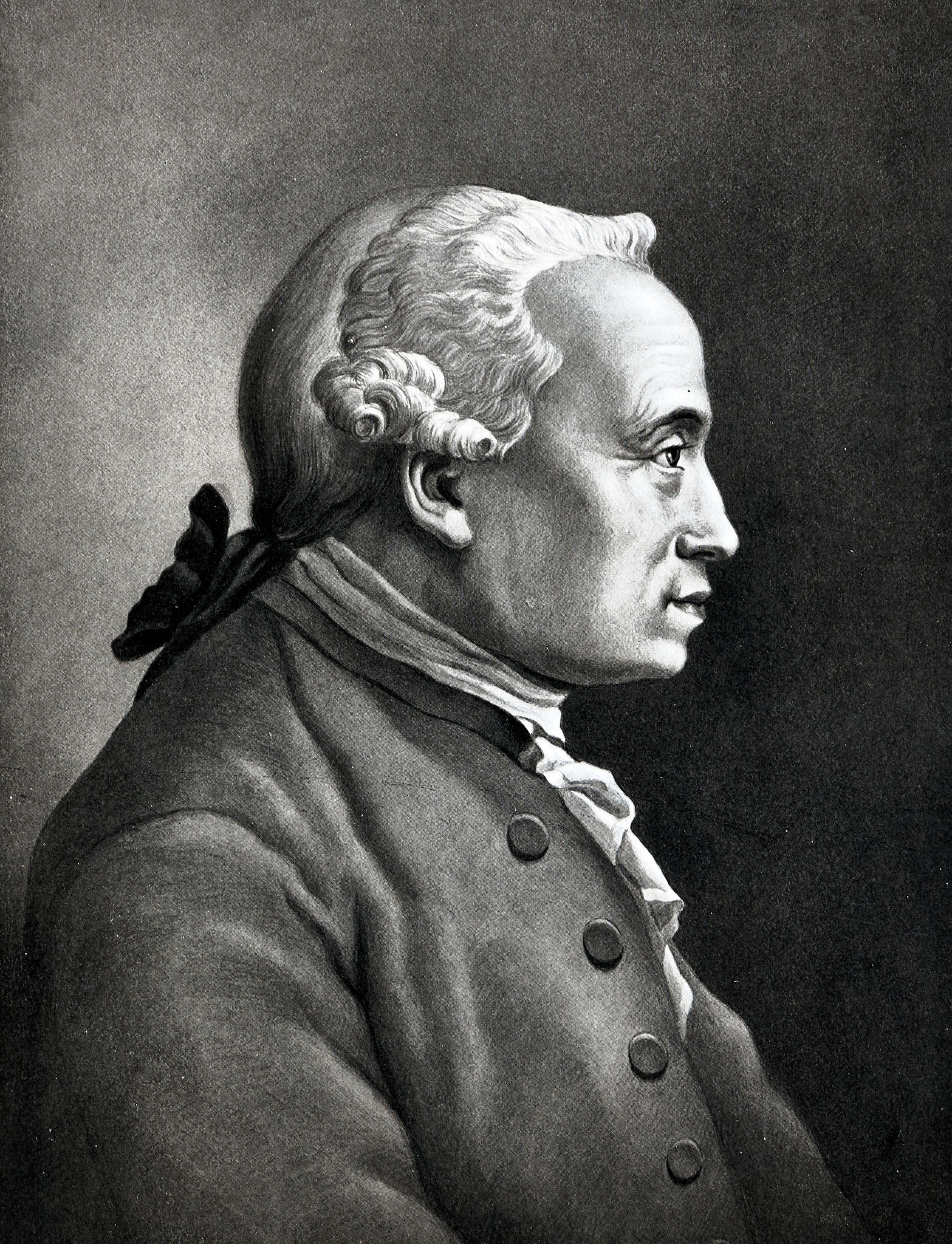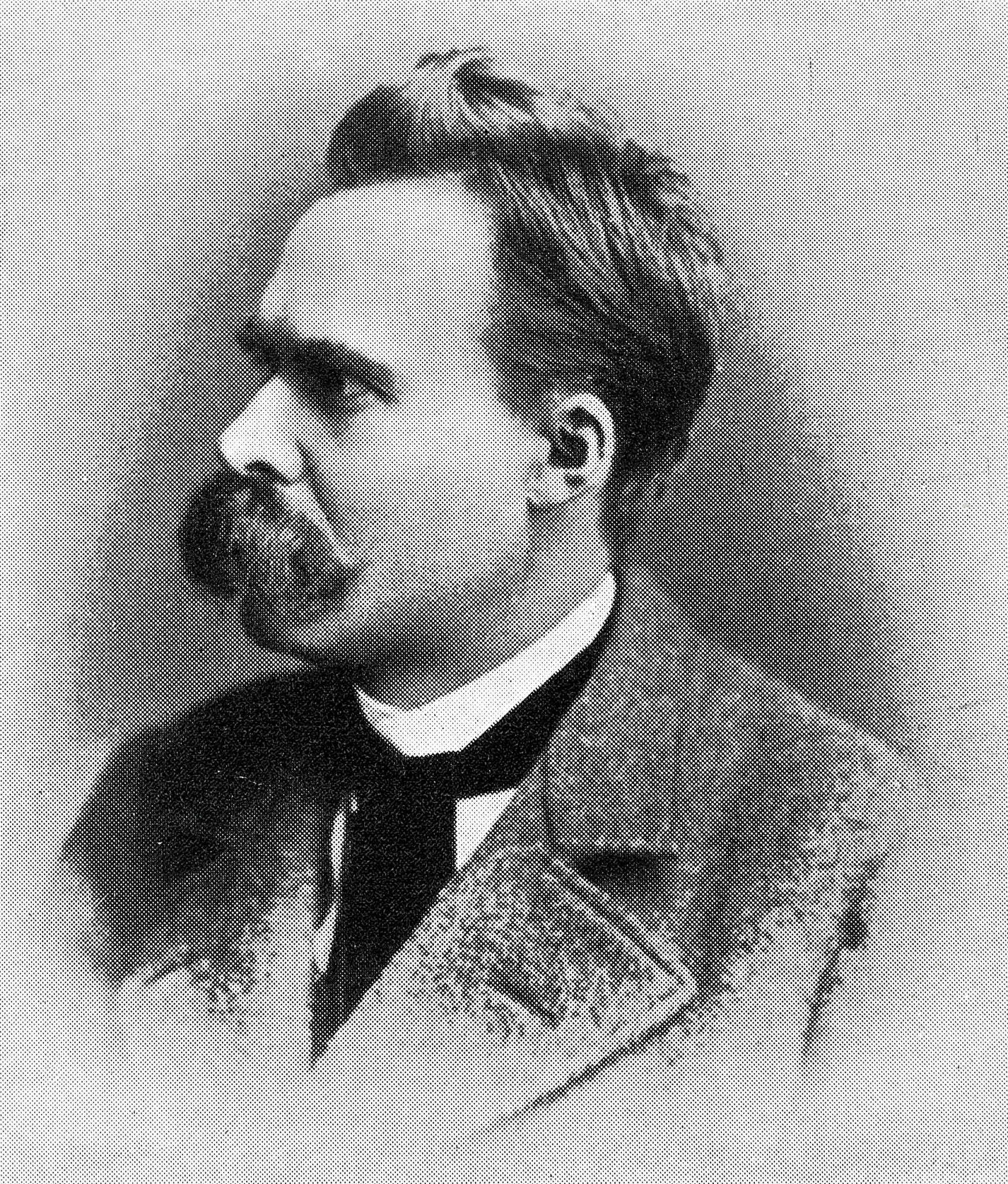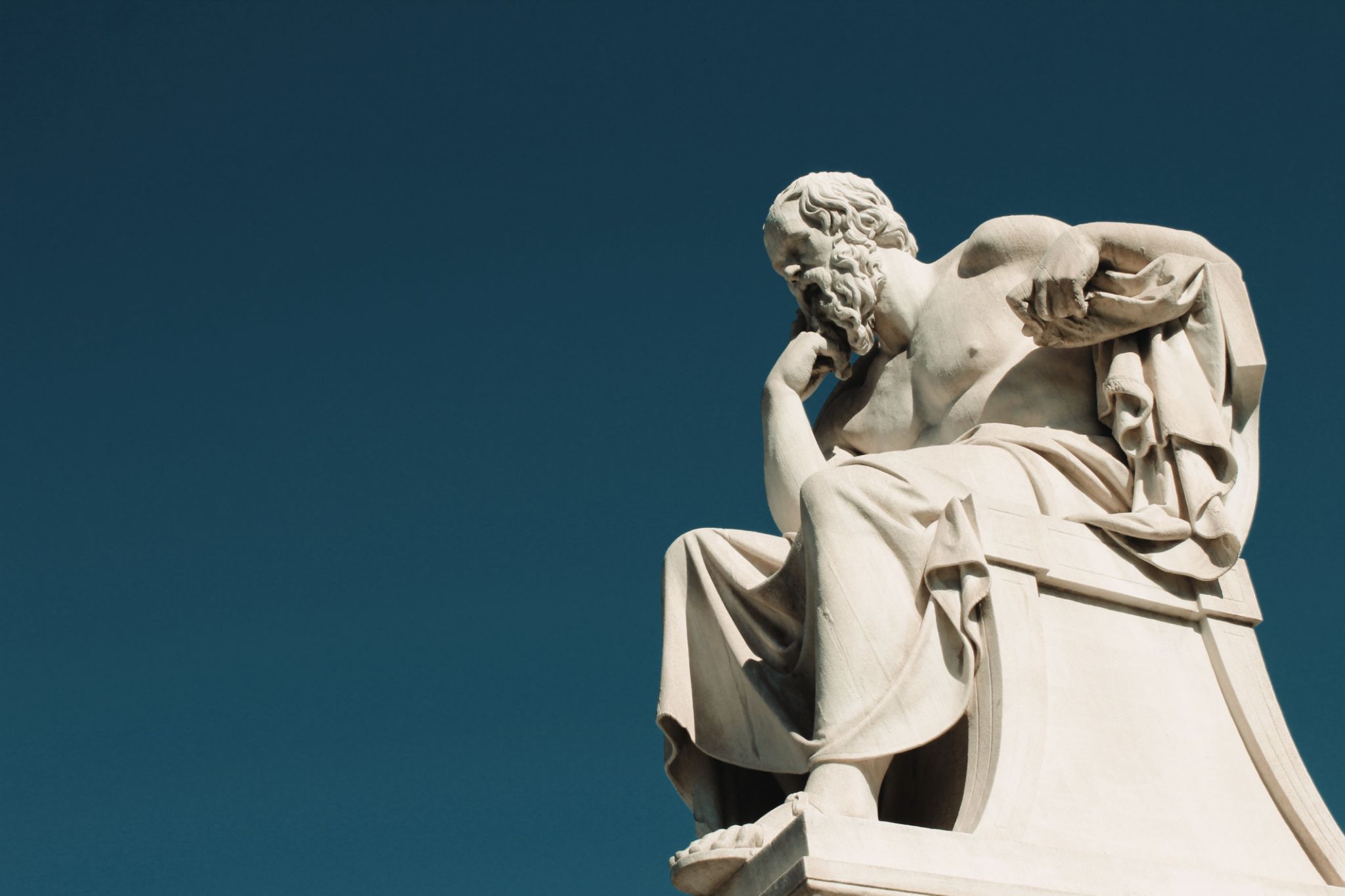Famous Philosophers and Their Impact on Modern Thought
Introduction to Philosophical Influence
Philosophy has profoundly shaped human civilization, influencing everything from science and politics to religion and ethics. The thoughts and theories developed by famous philosophers have laid the groundwork for modern intellectual discourse. Their ideas continue to inspire and challenge us, pushing the boundaries of what we know and how we understand the world.

Socrates: The Father of Western Philosophy
Socrates, an ancient Greek philosopher, is often credited as a foundational figure in Western philosophy. His method of inquiry, known as the Socratic method, involves asking a series of questions to stimulate critical thinking and illuminate ideas. Though he left no written works, his teachings were recorded by his student Plato, influencing countless philosophers who followed.
The impact of Socrates is seen in educational techniques that encourage questioning and dialogue. His focus on ethics and virtue continues to be relevant in discussions about moral philosophy and the human condition. The Socratic method remains a vital tool in legal education and ethical debates.
Immanuel Kant: Bridging Rationalism and Empiricism
Immanuel Kant, an 18th-century philosopher, is renowned for his work in epistemology and ethics. His critical philosophy sought to resolve the conflict between rationalism and empiricism, arguing that while our knowledge begins with experience, not all knowledge arises from it. Kant's "Critique of Pure Reason" is a seminal text that examined the limits of human understanding.

Kant's moral philosophy, particularly the concept of the "categorical imperative," has had a lasting impact on ethical theory. His ideas about autonomy and duty continue to influence contemporary discussions on morality, human rights, and political theory.
Friedrich Nietzsche: Challenging Conventional Morality
Friedrich Nietzsche, a 19th-century German philosopher, is known for his radical ideas on morality, religion, and culture. Nietzsche challenged traditional values with his declaration that "God is dead," questioning the basis of morality in a post-religious world. His philosophy emphasized the "will to power" and the potential for individual greatness.
Nietzsche's critique of conventional morality has inspired movements in existentialism and postmodernism. His ideas encourage a re-examination of personal beliefs and societal norms, making him a controversial yet enduring figure in modern thought.

Simone de Beauvoir: Pioneering Feminist Philosophy
Simone de Beauvoir was a French existentialist philosopher whose work laid the foundation for modern feminist theory. Her book "The Second Sex" is considered a groundbreaking text that explored the construction of gender and the oppression of women. De Beauvoir's philosophy advocated for women's liberation and equality.
Her influence extends beyond feminism, impacting existentialism and social theory. De Beauvoir's insights into identity and freedom continue to resonate in discussions about gender politics and human rights, marking her as a pivotal figure in 20th-century philosophy.
Conclusion: The Everlasting Legacy of Philosophers
The impact of these philosophers on modern thought is profound and enduring. From ancient Greece to contemporary society, their ideas have shaped our understanding of the world and our place within it. By engaging with their philosophies, we not only honor their contributions but also continue the dialogue that drives innovation and progress in human thought.
